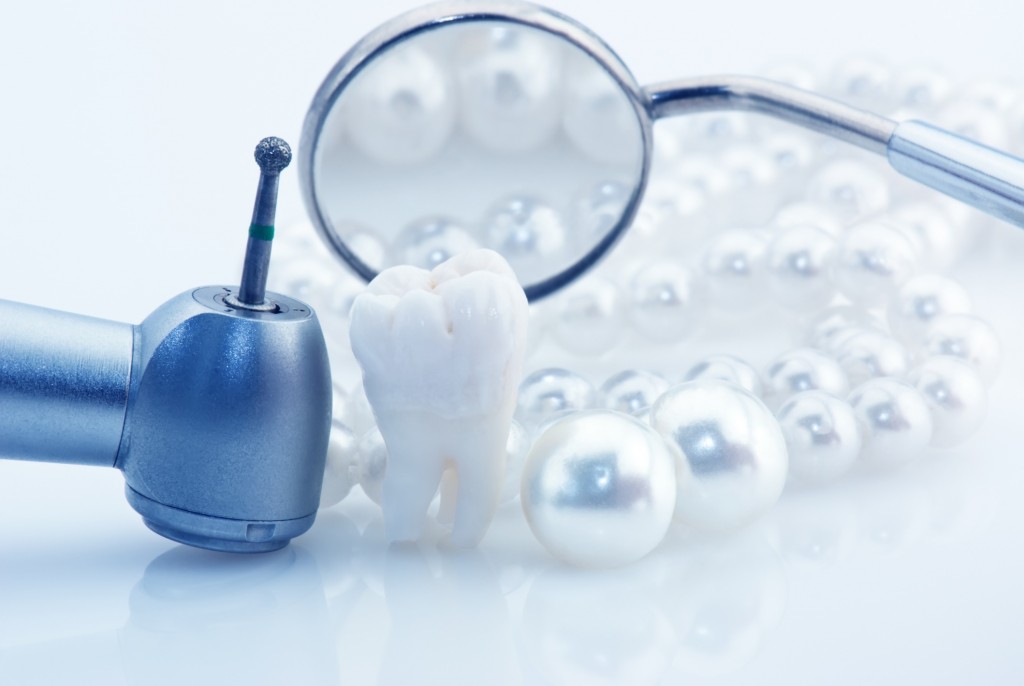
It’s been said that your teeth can tell a lot about your overall health. As such, it’s very important to know fact from fiction when it comes to taking proper care of your mouth.
Below are five of the most common dental myths that most people believe are true, but are actually bad for your health.
- Sugar is the main culprit responsible for tooth decay.
Sugar is definitely not good for your teeth and your health overall. However, what really causes tooth decay are the harmful acids produced by the bacteria in your mouth and teeth, not sugar. Of course, these bacteria form whenever you digest carbohydrates, which refined sugar is. But, sugar isn’t the only culprit. Even carbohydrates from healthy foods such as vegetables, fruits, and grains can all contribute to the formation of plaque and acid-producing bacteria in your mouth.
Fortunately, the solution is simple – brush your teeth regularly to keep plaque and bacteria at bay.
- You shouldn’t brush and floss your teeth if your gums are bleeding.
On the contrary, you actually should be paying more attention to your oral care routine if your gums are actually bleeding all of a sudden. The fact is, bleeding, swollen and reddish gums are one of the earliest signs of gingivitis, which, if left untreated, can progress to periodontitis. Don’t change your routine unless otherwise advised by your dentist. And, yes, do visit your dentist as soon as you notice your gums bleeding every time you brush or floss.
- Bleaching products weaken teeth.
Gels, pastes, and strips are all products available in the market today that are advertised to help make teeth brighter and whiter. However, people believe that they’re harmful and should be avoided at all costs. But, the truth is, all bleaching products are harmless as long as they’re used according to the directions. And, even when you use too much bleaching products, all you get is temporary tooth sensitivity or irritated gums, not weakened teeth.
- Baby teeth are not as important because they will eventually fall out.
While it’s true that baby teeth will eventually fall out, that doesn’t mean they’re not as important. Case in point, when a baby tooth is lost too early, either via trauma or tooth decay, the permanent teeth may not erupt at the right place, causing teeth to become crooked or crowded. Not only that, but when a baby tooth is affected by tooth decay, the infection can spread down to the developing permanent teeth.
To put simply, it never is too early to teach your child how to take proper care of his or her teeth.
- You’ll know when you have tooth decay.
No, just no. This is the type of dental myth that can lead to very serious dental complications. Gum disease may have early symptoms, such as bleeding and reddish gums. But, tooth decay doesn’t. Once you begin feeling pain in your teeth, that means the decay – and subsequently, the resulting damage – is already advanced and extensive. The only way to prevent and know if you have tooth decay, as well as gum disease, is to take proper care of your teeth and visit the dentist regularly for checkups and cleaning.
For a thorough evaluation of your oral health visit George Kirtley, DDS in Indianapolis, IN. Call today at 317-841-1111.
